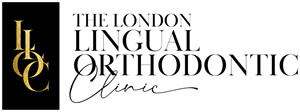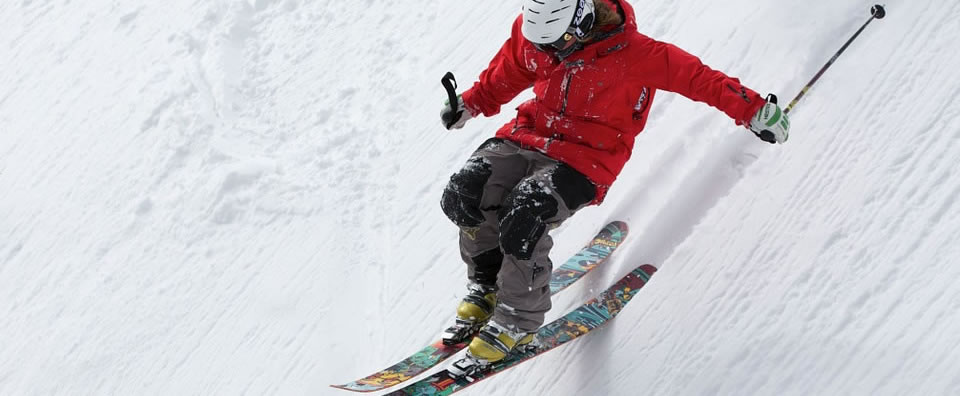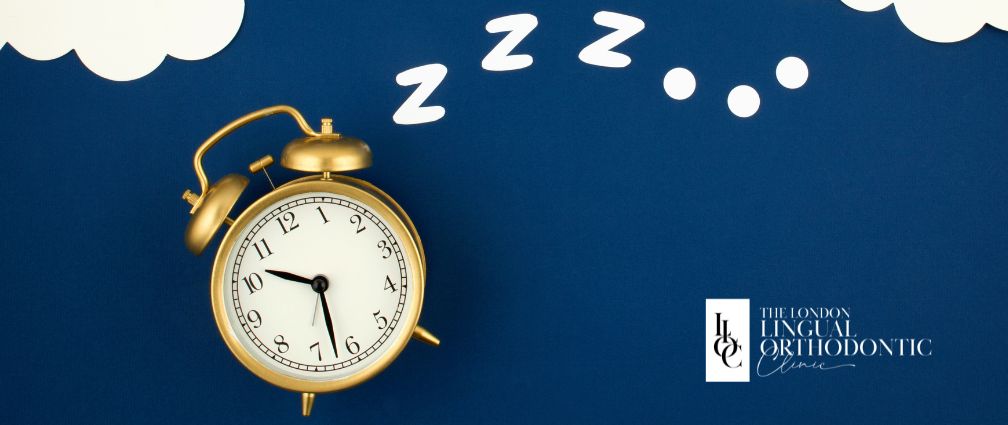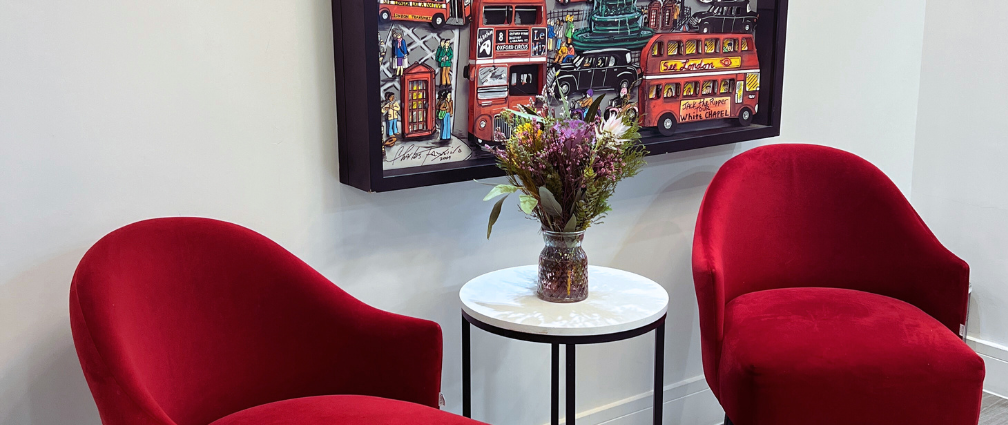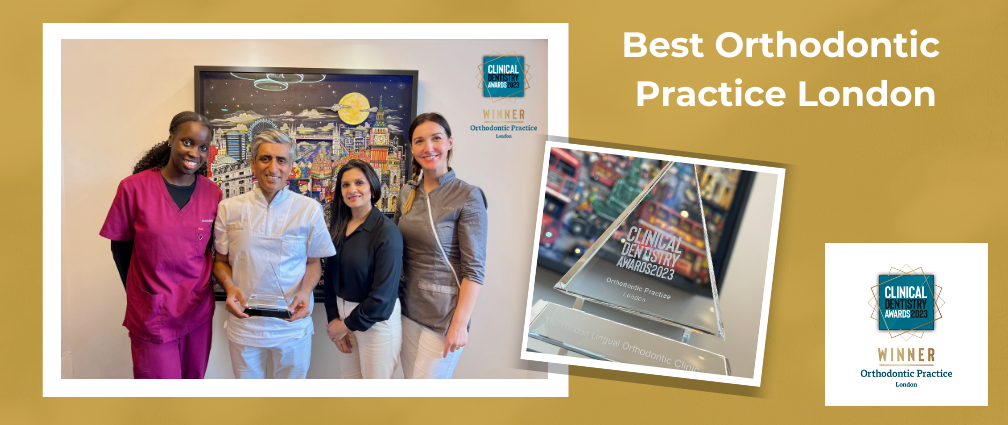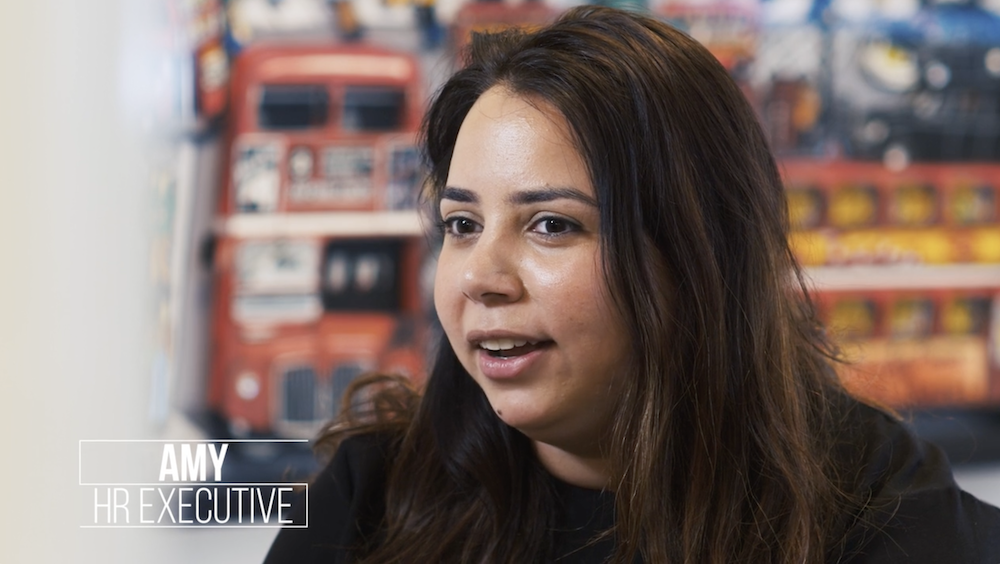All of us in this practice like to keep fit. Fran and I have been known to go to the gym after the clinic and Renata takes part in the weekly Park Run every Saturday, as well as walking with family, an activity that our hygienist, Gosia also enjoys! It’s all part of that healthy lifestyle we strive to achieve.
Getting the year off to a healthy start doesn’t have to mean joining the gym, it could mean signing up for the local football team, or taking up kick-boxing or planning a winter break to the alps to enjoy some skiing or snowboarding. Whatever you decide, one thing is for sure, you should protect your mouth during any contact sport or outdoor activity where a fall or a crash could damage your teeth.
Ski-ing has its risks
Fast runs down snowy mountains and being able to look across a vast, white landscape, makes skiing one of the most invigorating sports. But like anything adventurous, it has its risks. According to a study of ski-jumpers and athletes in the Swiss Dental Journal in 2015, more than 60% of ski jumpers sustained an injury and the frequency of dental injury was higher among adults than junior athletes. The study recommends that skiing organisations, trainers and athletes should be informed of the benefits of mouth guards and tooth rescue boxes.
Mouth guards and protection
In the UK, a mouth guard is a recommended part of the sports kit. You can buy off the shelf mouth guards which you mould yourself using hot water. So-called ‘Boil and bite’ types can be bought from most sports shops but as dental professionals, we recommend that you have a mouth guard made to fit your teeth and gums. This ensures greater protection. If you are having tooth-straightening treatment, a custom-made mouth guard is even more important because metal brackets and wires could cause extra injury if you are in an accident. The British Orthodontic Society provide some very useful advice on their website about mouthguards and sport.
Although lingual brackets are on the back of your teeth and there is less likely to be damage to the inside of your mouth if you have an accident, a mouth guard is still recommended. We offer a service here at the clinic where our patients are able to have a mouth guard made to fit around their lingual braces. We take impressions here at the clinic and then send moulds to a laboratory. If this is something you might be interested in, why not chat to Dr Chatoo or one of the team at the front desk next time you are in? By the way, if you are having treatment with removable aligners, we still recommend a mouth guard to provide adequate protection to your teeth. Aligners may look like mouth guards, but they are not as robust
